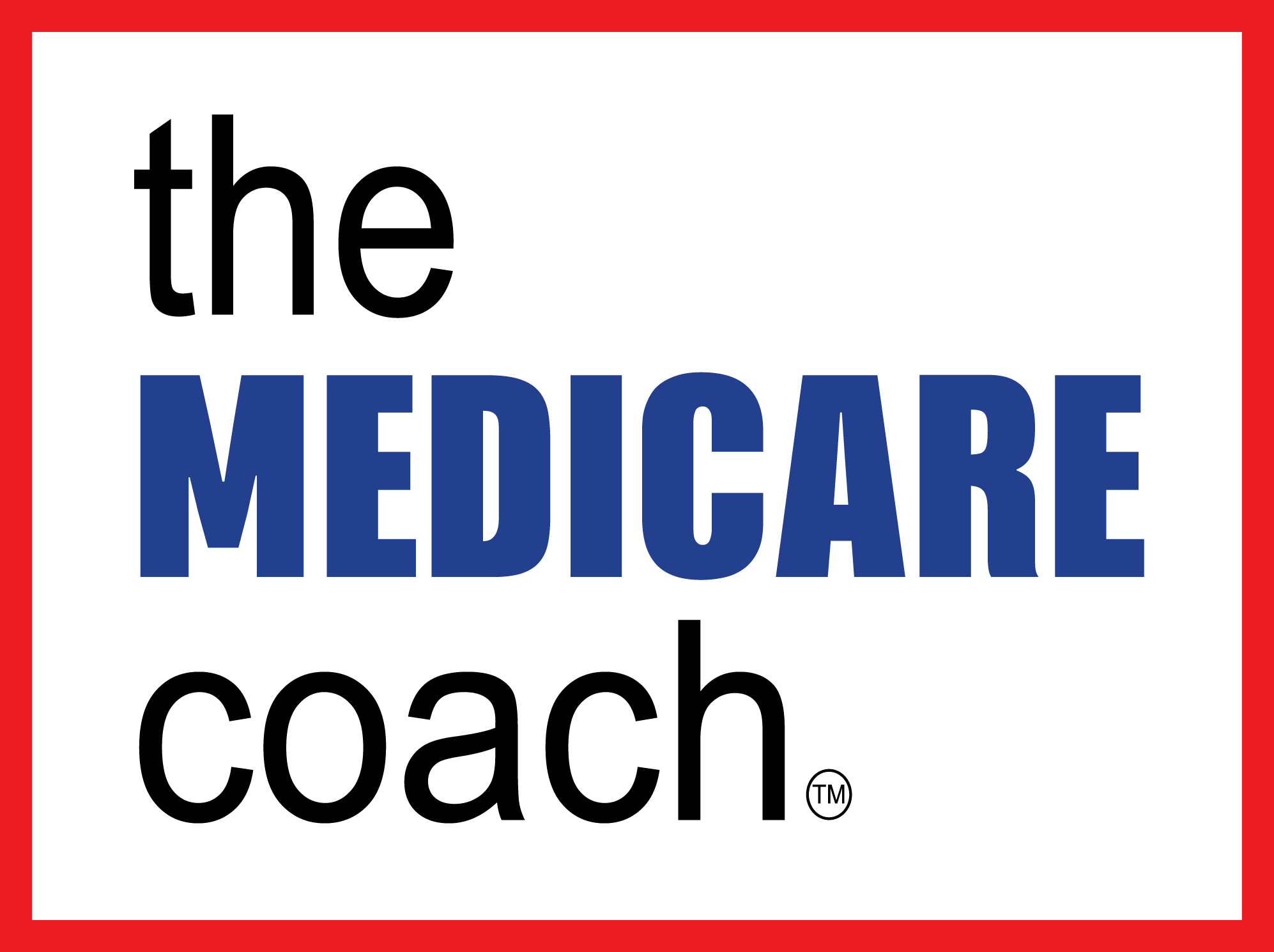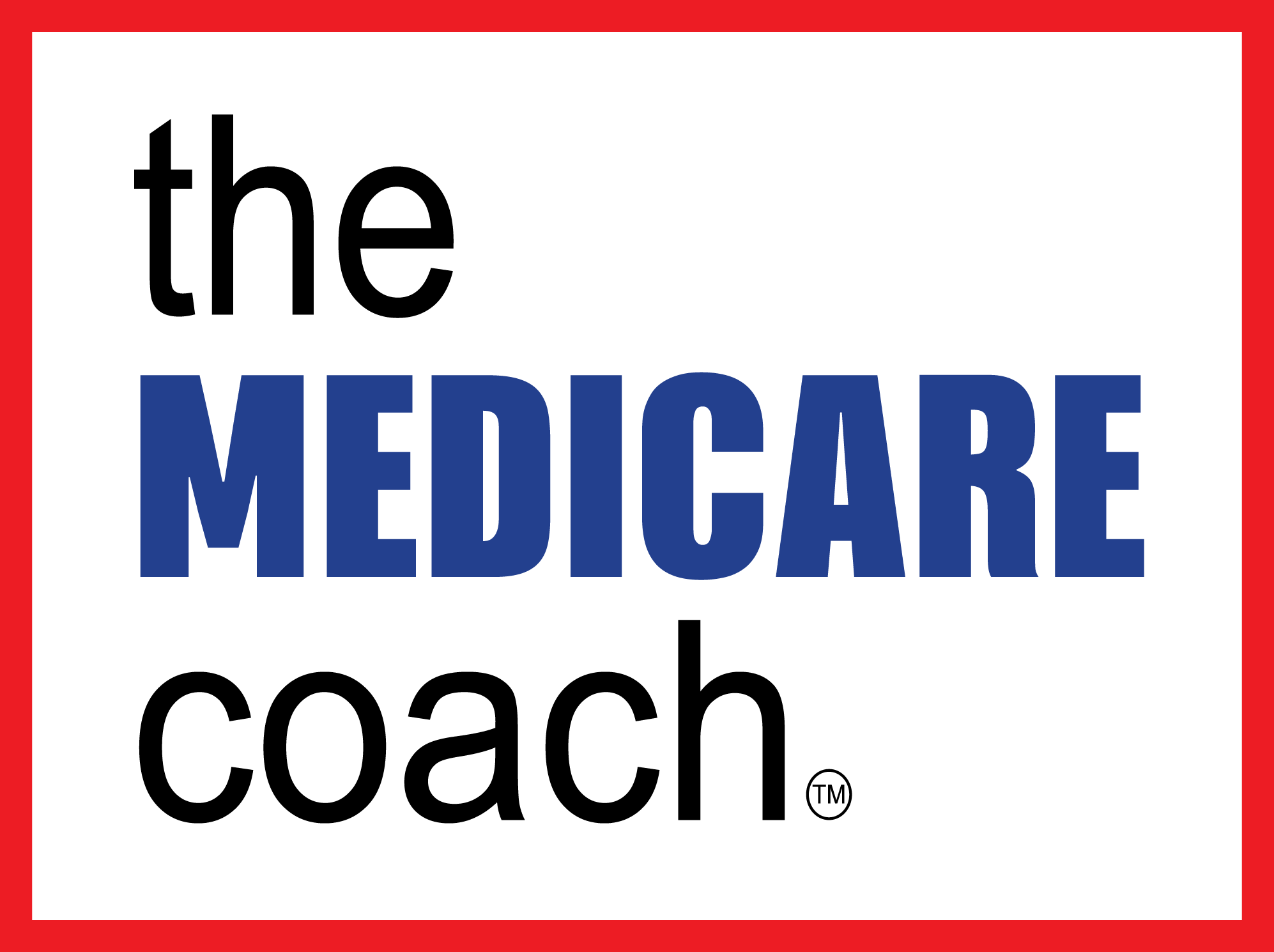Are you joining Medicare soon, have a Health Savings Account (HSA), and are unsure how this will work with your Medicare benefits? Well, there are some unique rules that most people are unaware of that could impact their retirement savings.
- What is a Health Savings Account (HSA)
- Health Savings Accounts (HSA) and Medicare
- Stopping HSA Contributions when joining Medicare
- What you can use your HSA funds for on Medicare
What is a Health Savings Account (HSA)
A Health Savings Account, known as HSA, is usually offered through your employer when you have a high deductible health plan (HDHP). This works as an account that you can put money into every single year to use on qualifying medical expenses.
There is an annual limit to the amount of funds that you can contribute either as an individual or as a family each year. The funds contributed to the HSA are not taxed.
Health Savings Accounts (HSA) and Medicare
Once you enroll in either one or both Medicare Part A and Medicare Part B, you’re no longer eligible to contribute to your HSA.
This is critical to understand since most people assume they should enroll in Medicare Part A since it’s usually “free” if they’ve worked enough quarters. However, joining any part of Medicare makes you ineligible to contribute.
If you plan to keep working and contributing to your HSA, you may be able to delay joining Medicare as long as your current coverage is “Medicare creditable.” To get more information on this, please visit our blog on determine Medicare creditable coverage.
Stopping HSA Contributions when joining Medicare
The government rules say:
You can put money into a Health Savings Account up to the latter of 65, or six months before you join Medicare.
That means, if you’re joining Medicare at 65, then you can put money into your health savings account up to 65. Now, if you’re going to continue working, let’s say until 70, you can contribute o your HSA up to 69.5.
What you can use your HSA funds for on Medicare
Once you’ve joined Medicare, you can use your HSA funds to pay for things like:
- Medicare Part B, Medicare Part D, Medicare Advantage premiums, deductibles, and copays.
- Applicable medical expenses
- Vision & Dental expenses
- Prescription drug expenses
Please note: HSA funds cannot be used to pay for Medigap premiums.
To conclude, while there are people who delay enrolling in Medicare because they have creditable coverage, they tend to consider getting Medicare Part A because it is free. However, for those who will continue working and contribute to an HSA, it’s important to understand your tax implications if you do so.
A Health Savings Account is a really great tool, however, you just need to understand how this tool can impact your Medicare decisions.
To get help with your Medicare decision, you can register for my next free online Medicare workshop by going here: https://join.themedicarecoach.com/free-workshop




